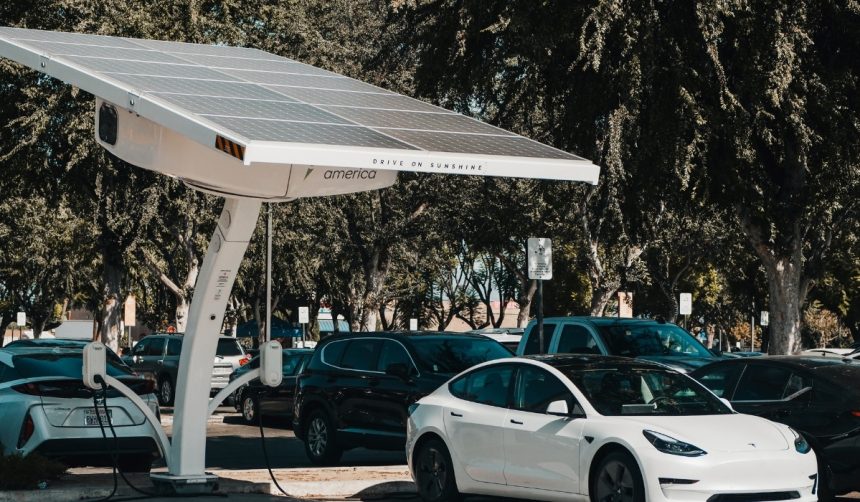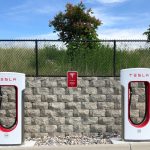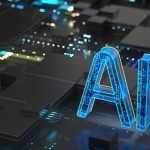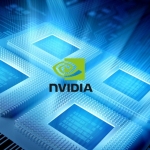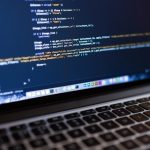Tesla and Samsung have strengthened their collaboration in the development of advanced semiconductors, as Tesla’s new AI6 chips will first be produced at Samsung’s South Korean foundry. AI6 chips are critical components for Tesla’s forthcoming innovations, including its Cybercab and Optimus projects. This shift in production location highlights the increasing significance of international partnerships in the semiconductor industry. Investors and industry observers have noted that this move may influence the broader landscape of chip manufacturing and supply chain resilience.
Earlier information had suggested that initial AI6 chip manufacturing would occur in Samsung’s United States facilities. Today’s update, however, confirms that the first sample runs will take place domestically in South Korea, before transitioning to mass production at the newly established Taylor, Texas facility in 2025. Samsung’s focus on advancing its foundry process with 2nm technology accompanies this plan, providing efficiency and performance improvements when compared to its previous offerings.
How Will Production Start for Tesla’s AI6 Chip?
Samsung has finalized its process design kit for next-generation 2nm technology, delivering improvements in speed and power efficiency. Tesla’s agreement with Samsung stipulates that sample units of the AI6 chip will be crafted in South Korea, while preparations for mass production investment in Texas are scheduled to begin within the year. These developments are designed to support Tesla’s ambitions in large-scale AI applications for emerging product lines.
Does the Samsung-Tesla Deal Signal Larger Plans?
Tesla’s contract with Samsung for AI6 chip production is valued at a minimum of $16.5 billion, but the volume of demand for future products could extend this amount. Elon Musk stated on X,
“I will walk the line personally in the facility to accelerate the pace of progress.”
Additionally, outlining the nature of the partnership, Musk remarked,
“Use the strengths of both companies to achieve a great outcome.”
These statements reflect a strategic emphasis on collaboration and integrated strengths between the two firms.
What Does This Mean for Tesla’s Product Expansion?
The AI6 chip is viewed as a backbone technology for Tesla’s anticipated roll-out of high-volume products, namely the Cybercab and the humanoid robot Optimus. The new 2nm node offers notable increases in processing capability alongside reduced energy consumption and a compressed chip footprint. These gains are expected to enable more complex applications and support Tesla’s ambitious growth projections in AI-enabled vehicles and robotics.
Great attention has been given in previous news cycles to the expected operational opening of Samsung’s Taylor, Texas plant for Tesla chip production. Earlier analysis primarily focused on the U.S. facility as a symbol of reshoring advanced manufacturing. By shifting initial sample production to South Korea, Tesla and Samsung indicate a flexible, globally aware manufacturing strategy, contrasting with initial single-region expectations. This approach could reflect evolving priorities regarding speed, access to advanced technology, or capacity constraints.
Global supply chain considerations continue to drive decision-making for pioneers like Tesla, particularly as demand for AI-infused products rises. Localization of mass production in Texas may still fulfill strategic and regulatory requirements in the US market, but early sample runs in South Korea benefit from Samsung’s existing expertise and advanced process technologies. For industry watchers, this underscores the competitive edge held by manufacturers able to balance cost, capacity, and technological advancement across multiple geographies. Consumers and technology businesses should monitor ongoing developments, as they are indicative of broader trends shaping the future production and application of AI hardware worldwide.
- Sample production of Tesla’s AI6 chips begins in Samsung’s South Korean facility.
- Mass production is scheduled for Samsung’s Taylor, Texas plant starting in 2025.
- Tesla’s $16.5 billion deal highlights growing demand for advanced AI hardware.

